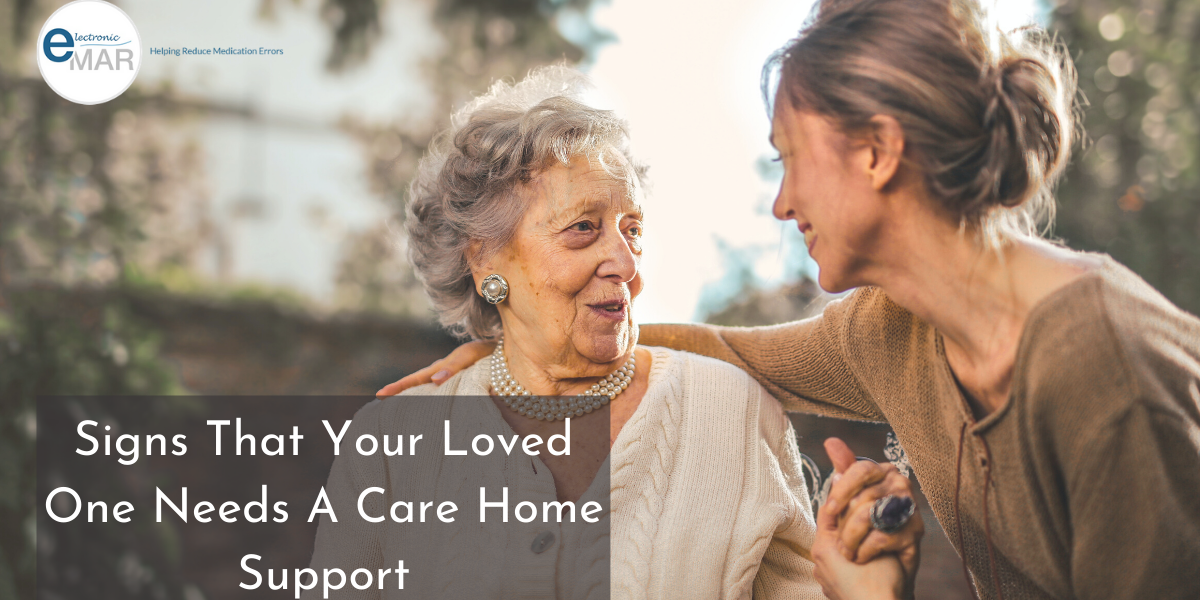As your loved one ages, you will notice a lot of changes. Some changes can be challenging for family members to deal with. Everyday activities like bathing and taking a walk that were once part of the daily routine may become challenging tasks for your loved one. These are signs that your loved one needs admission to a care home. Though it’s a painful thought to make your loved one stay in a care home, having a plan in place can help you deal better with the situation. Remember the longer your loved one is without care, the worse his or her condition is likely to get.
Over here we discuss 5 reliable signs that will indicate that your loved needs a care home support:
- Forgetfulness: Not making it to the doctor’s appointment and piling up of unpaid bills may seem innocuous in the beginning but they can be early signs of memory loss. Forgetfulness can adversely affect the quality of your loved one’s life and in some cases, it can have serious consequences. Not remembering someone’s phone number may not be a big issue but forgetting the way back home or forgetting to switch off the gas appliance can be dangerous.
- Poor personal hygiene: If you find any deterioration in personal hygiene of your loved one, it’s an indication he or she needs assistance. Unkempt hair, unbrushed teeth, and dirty clothes are signs that your loved one is struggling with everyday grooming. Poor personal hygiene should not be ignored as it can put your loved one at the risk of developing serious infections.
- Disorganised house: The idea of a clean and organised house does vary from one person to another. But you know your loved one for years and if you think there has been a drastic change in the way the house is being kept, it’s time for you to seek help. Piles of dirty laundry, stacks of newspapers and magazines, stale food in the refrigerator, and dirty dishes lying in the sink for days indicate that your loved one is finding it difficult to accomplish these tasks on their own.
- Extreme mood swings: If you have noticed that your loved one is acting irritable or there has been a drastic change in his or her sleeping patterns, you must consult a doctor. These can be signs of dementia or depression. Whatever the reason be, it should be timely identified. Based on what your loved one is suffering from, you can choose the right home care for him or her.
- Sudden weight loss or weight gain: Sudden and significant weight loss can be a sign that your loved one is either not eating properly or finding it difficult to feed himself or herself. Some people may end up eating more for emotional comfort. Being at a care home can help your loved one eat well-balanced food timely.
Often elderly patients forget to properly take their medications. Some either forget to take a dose or they overdose leading to hospitalisation. These things are taken care of by caretakers at a care home. Most of the care homes in the UK are shifting from MAR sheets to electronic MAR charts also known as electronic medication administration record. eMAR automates medication administration and lowers the risk of human errors on the part of caretakers. Read FAQS on medication administration to learn how eMAR can improve your loved one’s quality of life and reduce medication errors in a care home.







